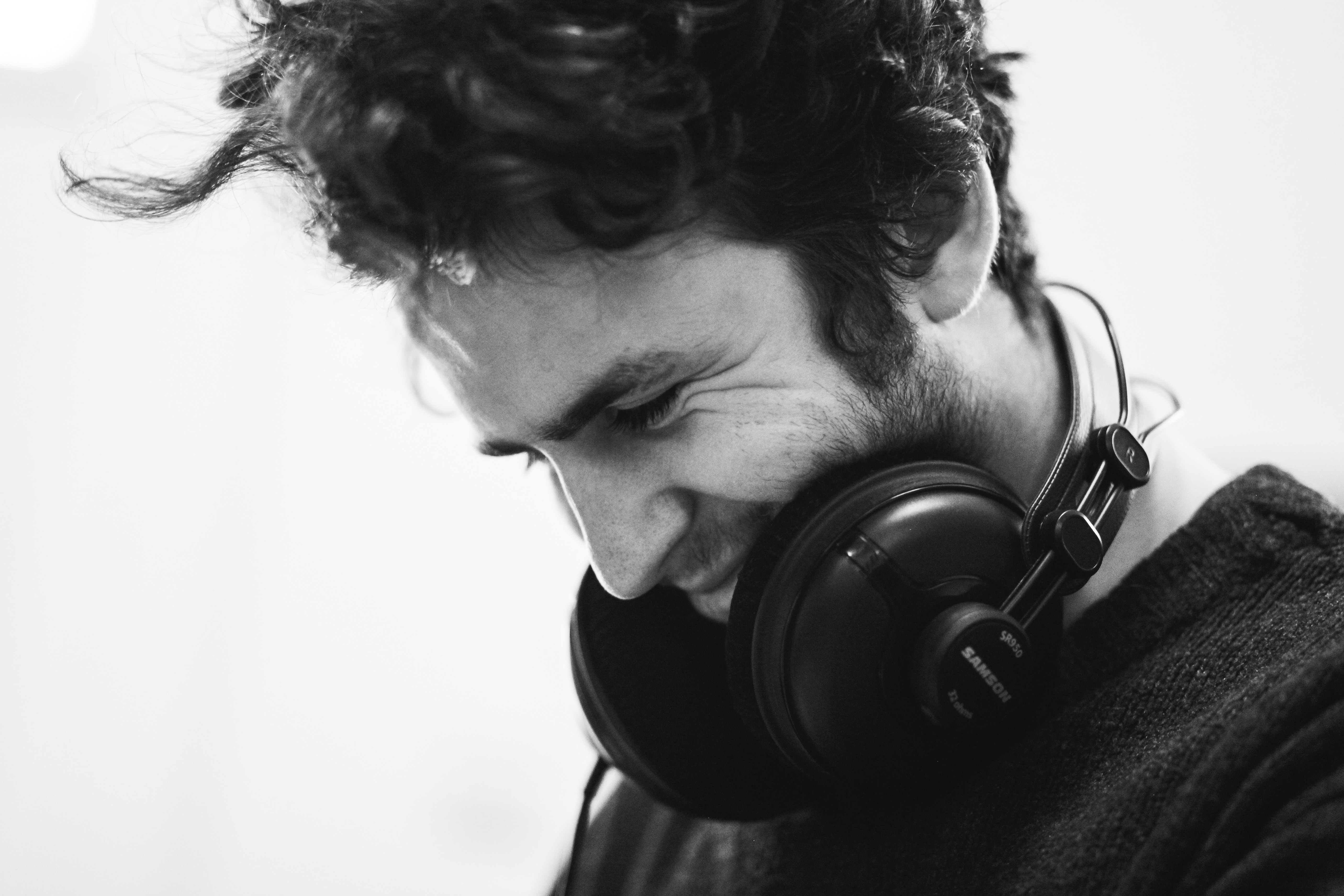Welcome to our special section, Thrive on Campus, devoted to covering the urgent issue of mental health among college and university students from all angles. If you are a college student, we invite you to apply to be an Editor-at-Large, or to simply contribute (please tag your pieces ThriveOnCampus). We welcome faculty, clinicians, and graduates to contribute as well. Read more here.
It’s true: The JoBros are back. You won’t need to use their neighbor Peter’s time machine to teleport to a time when their voices dominated the radio, as fun as it may be to return to the world of flip phones, Silly Bandz, and braces (OK, fine, maybe not the latter).
Thanks to the March 1st release of their music video “Sucker,” this band of brothers is booming, yet the hype has me wondering: What about the revival resonates so deeply with listeners? Why are comebacks so captivating? Is the flurry surrounding “Sucker” specific to the Jonas Brothers, or are there deeper forces at work in our reactions to sequels, television revivals, and — specifically — musical comebacks?
Researchers in the fields of neuroscience and psychology offer some fascinating answers.
Music and memory
It goes without saying that music holds special power. As Alicia Keys said in her opening speech at the 2019 Grammys: “[M]usic is what we cry to. It’s what we march to. It’s what we rock to. It’s what we make love to. It’s our shared global language.”
Neuropsychologist Daniel Levitin shared in a podcast with the American Psychological Association (APA), “we’ve seen evidence now that music can alter brain chemistry and even the production of cytokines, immunoglobulin A, and other components of a healthy immune system.” An empirical study in the journal Frontiers in Psychology reveals that we listen to music to “regulate arousal and mood, to achieve self-awareness, and as an expression of social relatedness.” And thanks to PET scans and fMRIs, we even have evidence that music releases the neurotransmitter dopamine—a “feel good” chemical in our brains.
But the relationship between music and memory is even more interesting. “Music has been an important mnemonic device for thousands of years,” writes Tiffany Jenkins for BBC. “Neuroscientists have analysed the brain mechanisms related to memory, finding that words set to music are the easiest to remember” (anyone who’s really from the JoBro era will remember Hannah Montana’s Bone Dance song, which Miley Cyrus used to ace an anatomy test!). Jenkins adds, “like the madeleine for the French author Marcel Proust in In Search of Lost Time,” music is a sensory trigger that can transport us back to the specifics of our pasts — a phenomenon of special interest to scientists studying Alzheimer’s disease.
It makes sense, then, that the lyrics of adolescence can carry us right back to our first crushes, solo drives, and heartbreaks. Music allows us to taste our youths in the fleeting lilt of a melody, and the effects of that reminiscence can be profound.
The psychology of nostalgia
Neel Burton, M.D., writes for Psychology Today that nostalgia, or “sentimentality for the past,” was a term first used in 1688 by a medical student describing “Swiss mercenaries fighting in foreign lowlands.” “[F]rom the Greek nóstos (homecoming) and álgos (pain, ache),” the term was first utilized to describe a type of psychopathology — a “cerebral disease” — that was to be prevented. However, centuries later, psychologists now recognize the positive, adaptive power of the feeling: “Nostalgia can lend us much-needed context, perspective, and direction,” Burton writes, “reminding and reassuring us that our life (and that of others) is not as banal as it may seem, that it is rooted in a narrative, and that there have been — and will once again be — meaningful moments and experiences.”
In Scientific American, Clay Routledge wrote about his empirical social psychology research on nostalgia, reporting: “it is a psychological resource that people employ to counter negative emotions and feelings of vulnerability. Nostalgia allows people to use experiences from the past to help cope with challenges in the present.”
Routledge and other researchers found that nostalgia is most often felt in response to negative emotions such as loneliness — a threat to our psychological well-being. Nostalgia therefore serves as an antidote, given that it is most often felt in response to positive memories and experiences, that offers salve and hope in moments when we might otherwise feel dejected or alone. Because we often turn to music in such moments, it seems natural that the nostalgia generated by that music can provide us with similar balm.
Whether you’ve got “Sucker” on repeat or agree with Nick Carter that “boy bands never go on to become man bands,” you don’t need to wait until the year 3000 to reap the psychological benefits of nostalgizing (the new jazzercising?). The next time you’re feeling in a funk, switch on a song from your childhood or adolescence. You just might find yourself dancing around the kitchen, lost in memory and melody.
Subscribe here for all the latest news on how you can keep Thriving.
More on Mental Health on Campus:
What Campus Mental Health Centers Are Doing to Keep Up With Student Need
If You’re a Student Who’s Struggling With Mental Health, These 7 Tips Will Help
The Hidden Stress of RAs in the Student Mental Health Crisis


